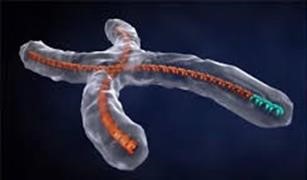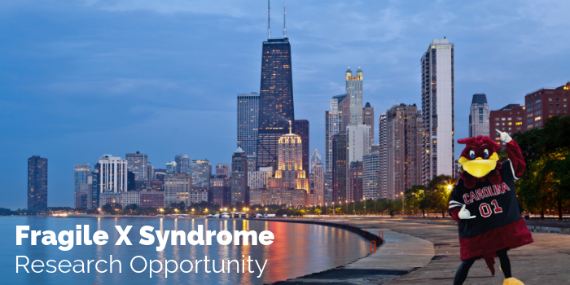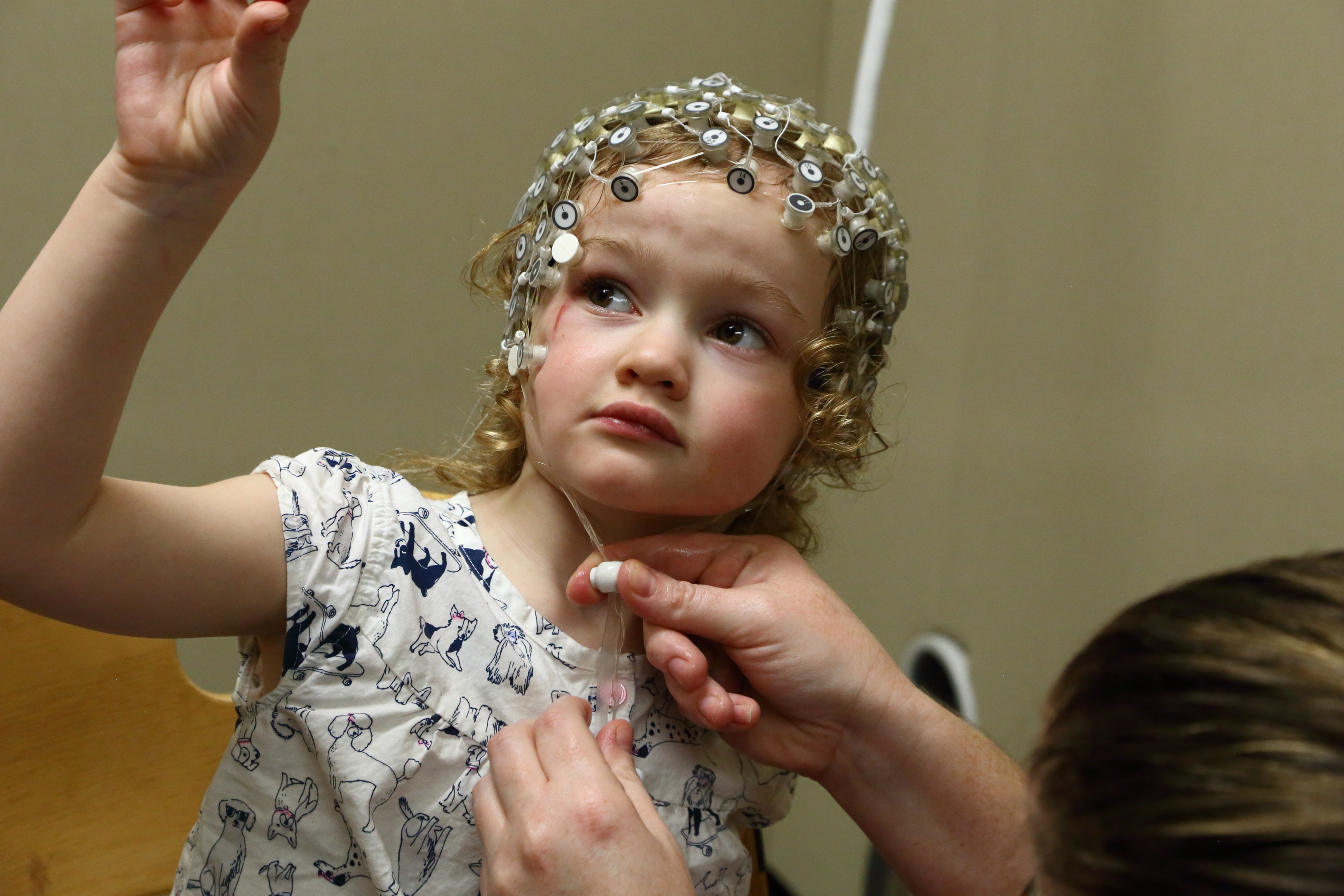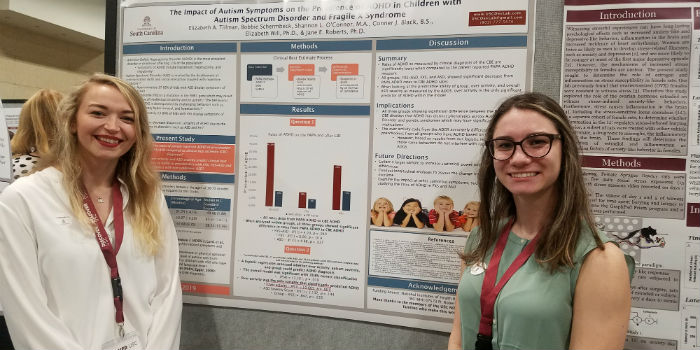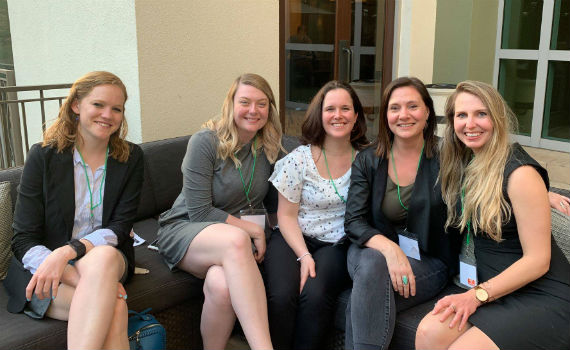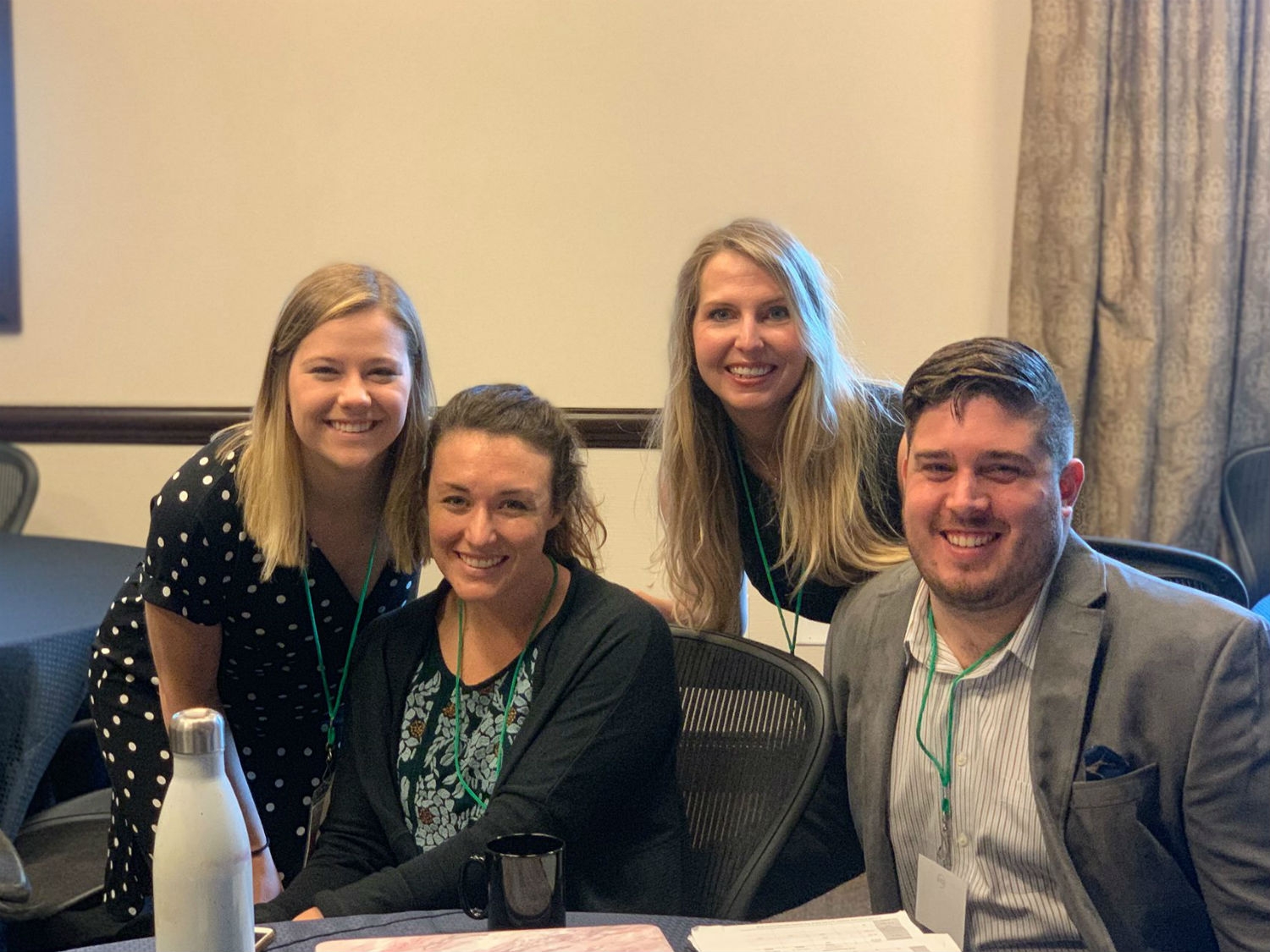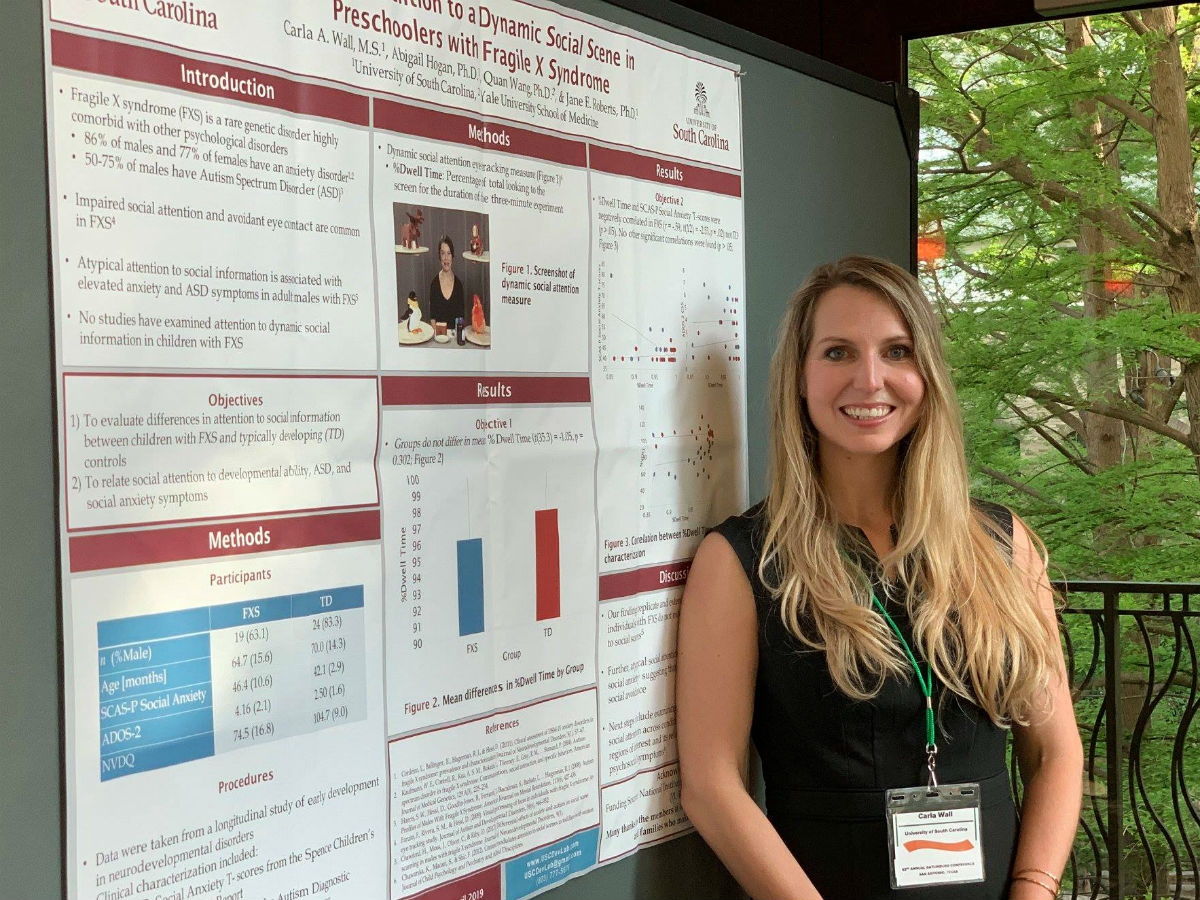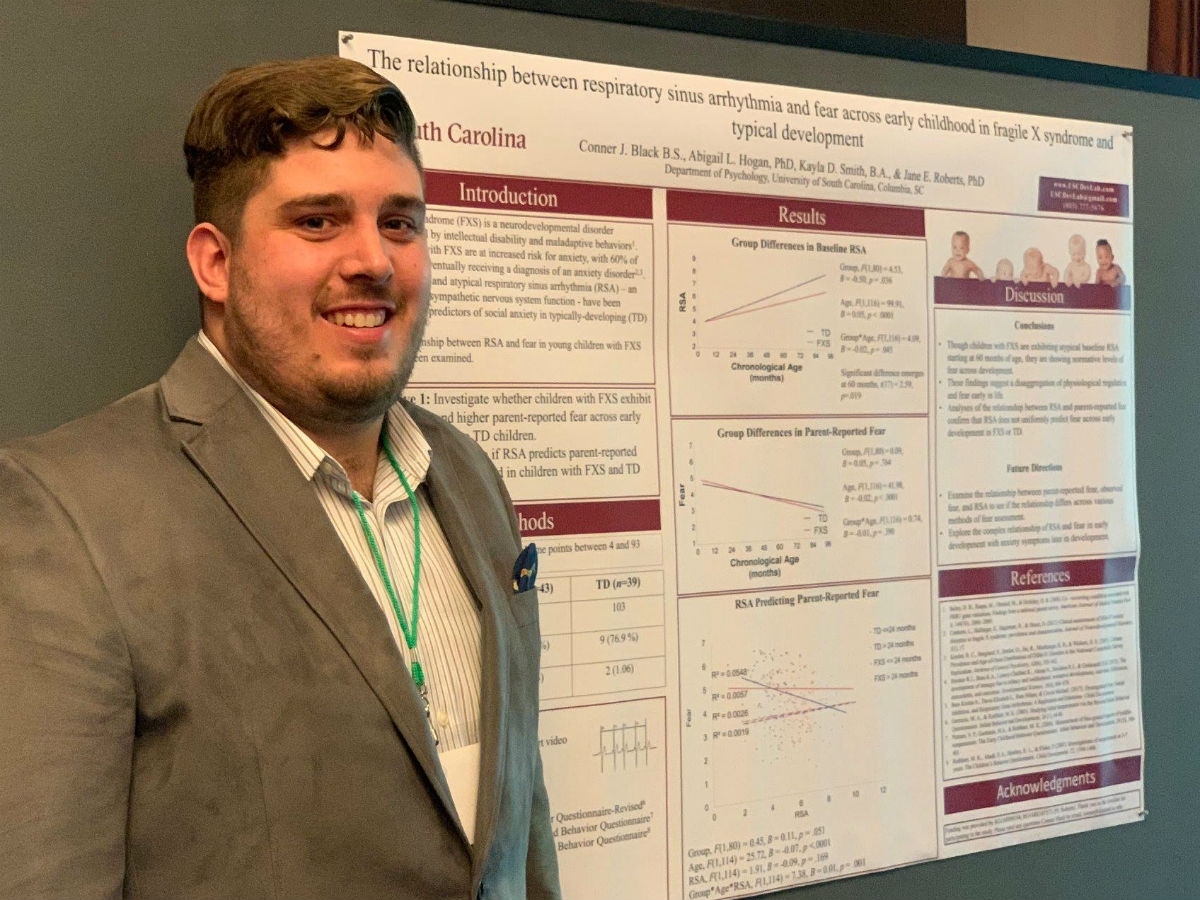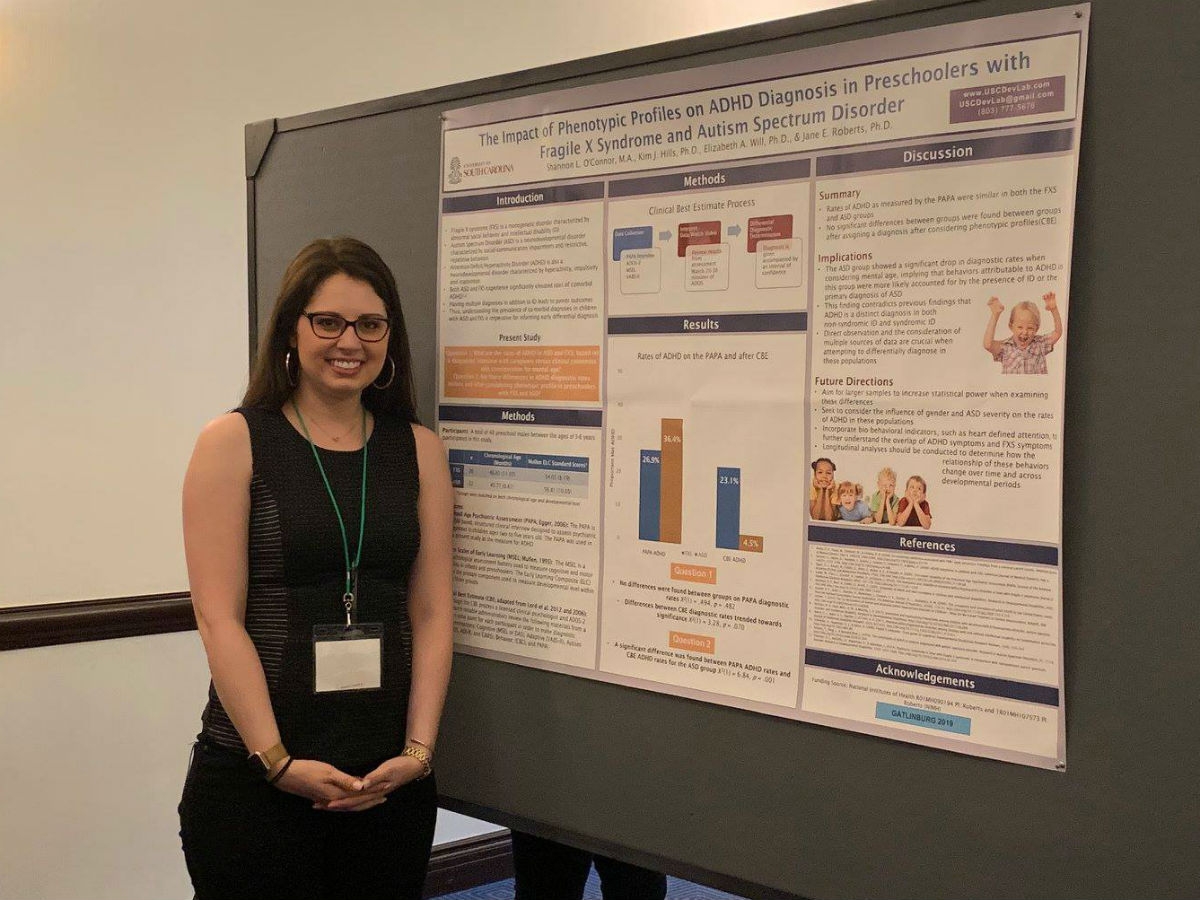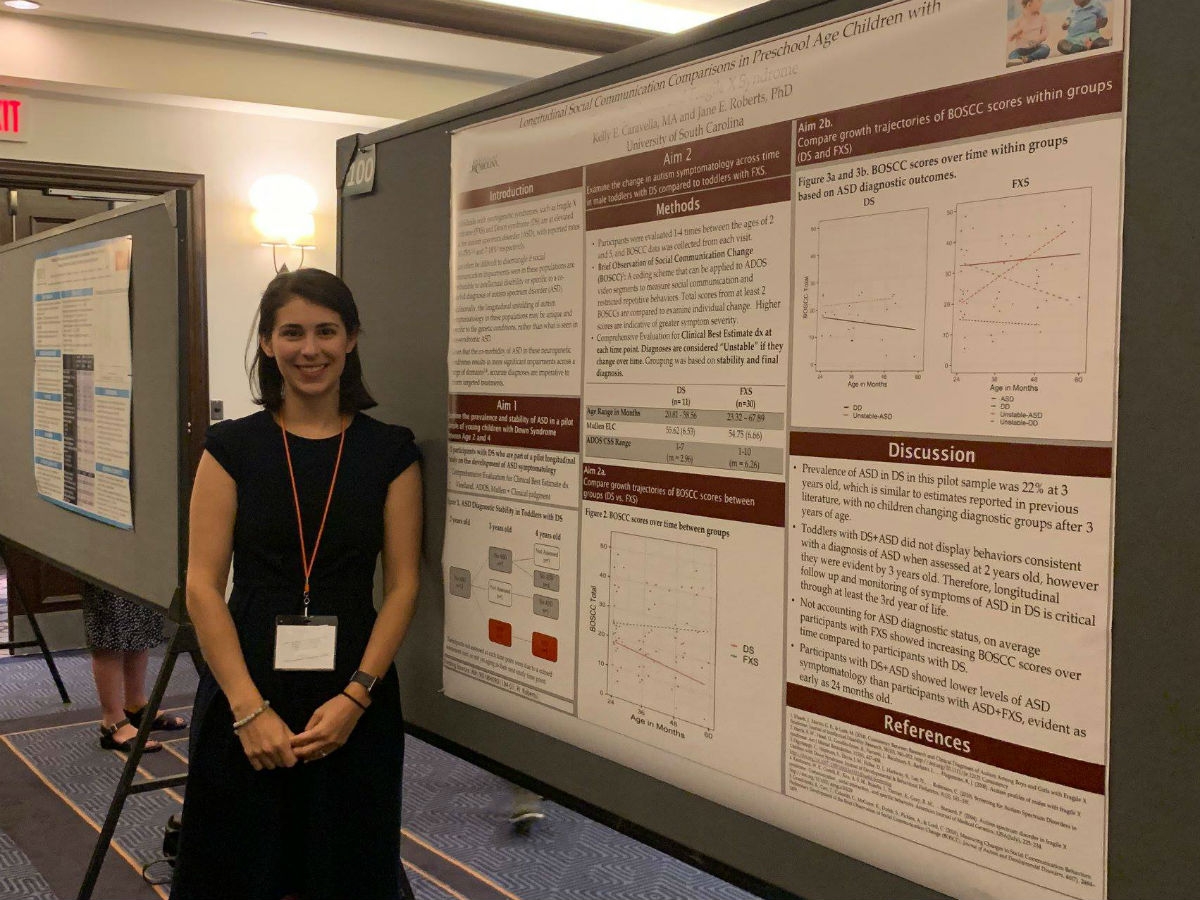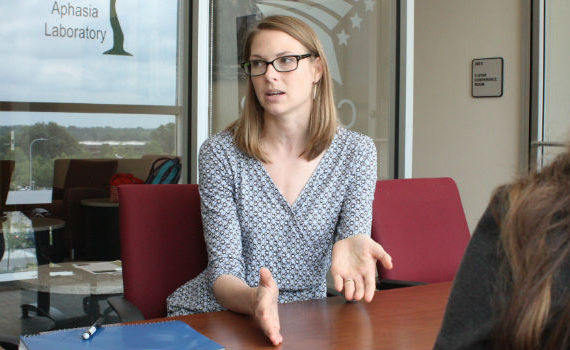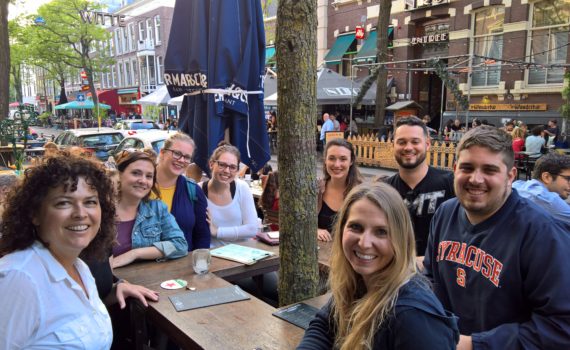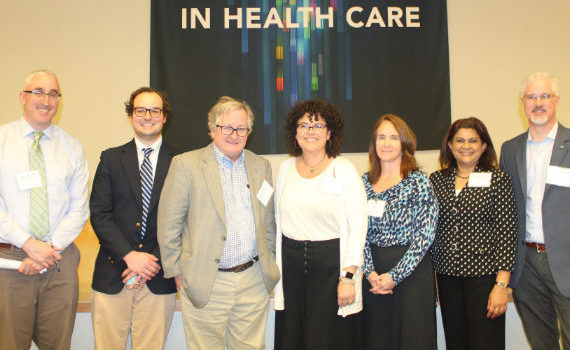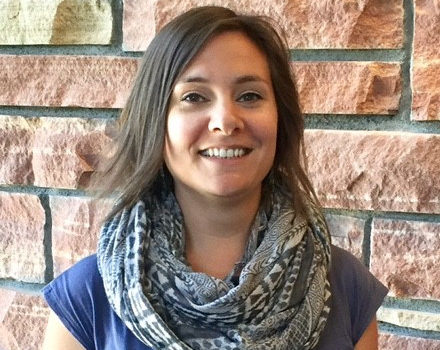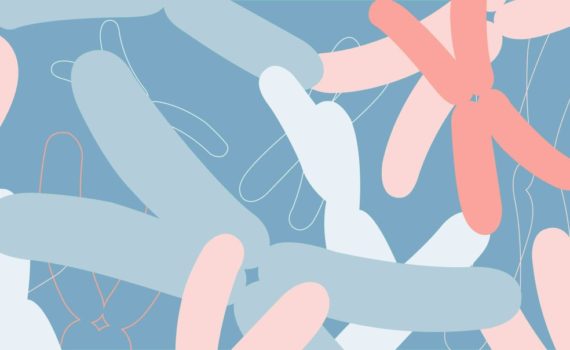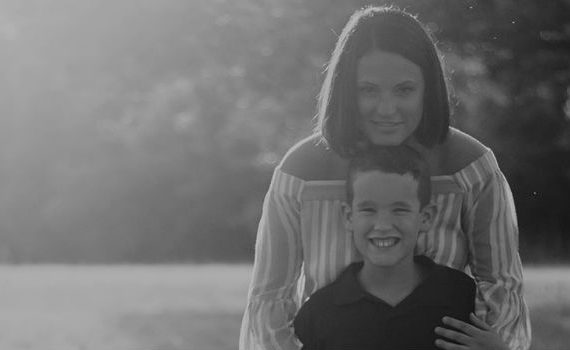
Mom Shares Fragile X Story to Encourage Researchers
The first sign of trouble was when Robin Blackwood’s baby boy didn’t want to play peek-a-boo or pattycake, even after his first birthday.
“He wasn’t really communicating or trying to imitate. That’s when we started realizing something was up and wanted to try to get some answers.”
She’s telling Sam’s story to an audience of doctors and researchers at the Medical University of South Carolina during the South Carolina Autism and Neurodevelopmental Disorders Consortium’s research symposium. It’s a chance for them to hear from one of the people their work is aimed at helping.
Testing showed Sam has fragile X syndrome, caused by a genetic mutation. “My husband and I researched and really have spent the last 8 years trying to understand what fragile X is, what it would mean to Sam, what the symptoms are,” Blackwood says of the incurable condition.
“We know learning disability is the prominent one, but also autism is highly likely. Anxiety, ADHD, sensory processing disorder. Sam has all of these issues.”

